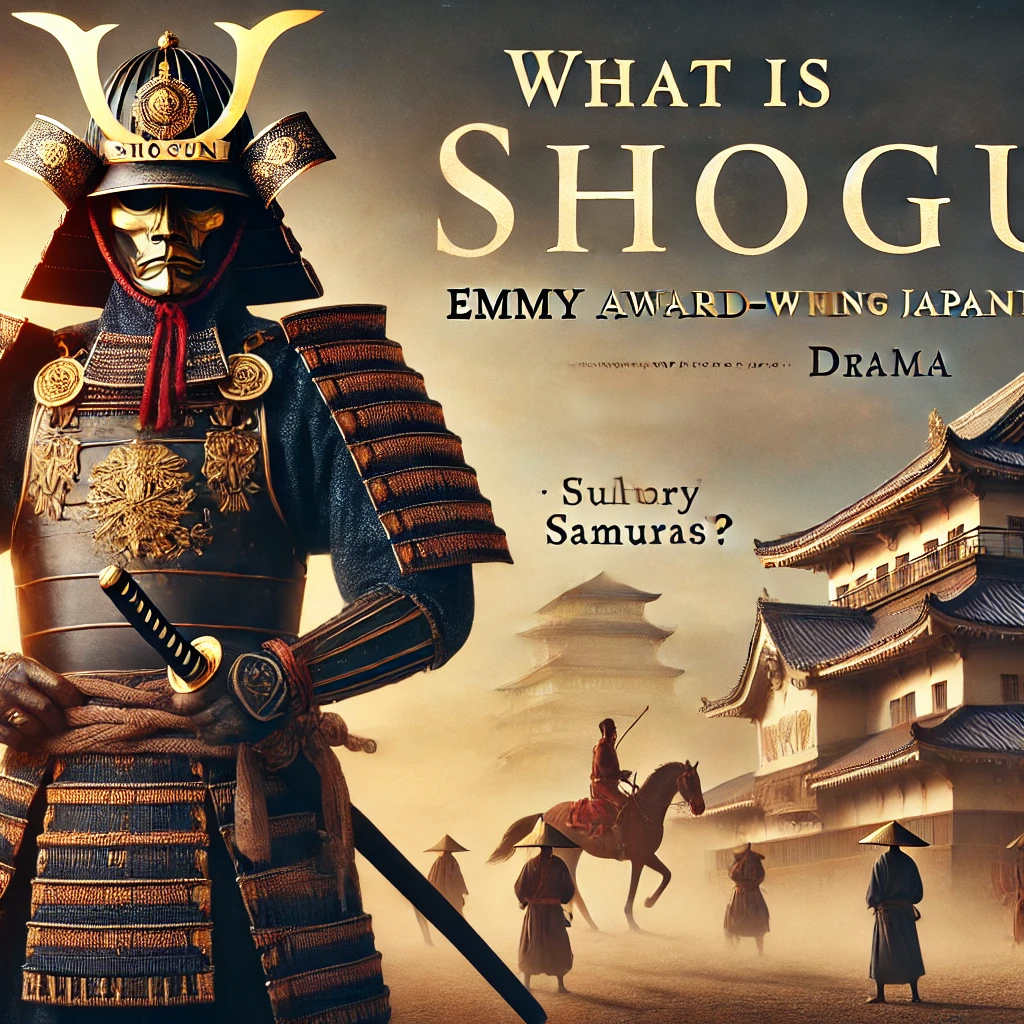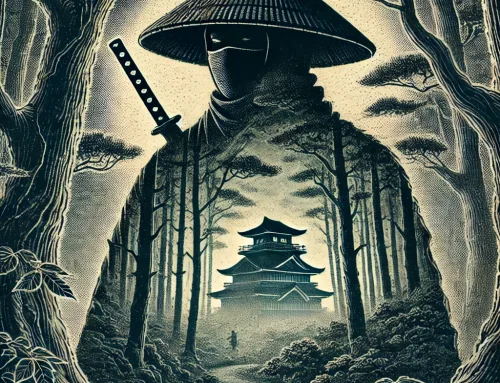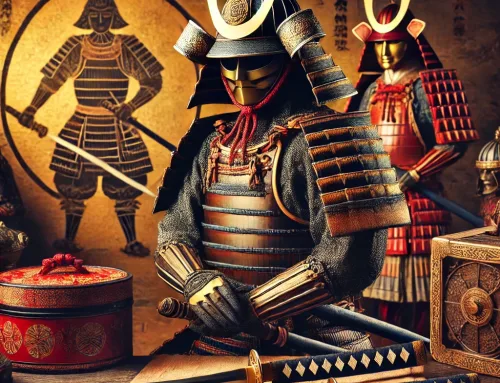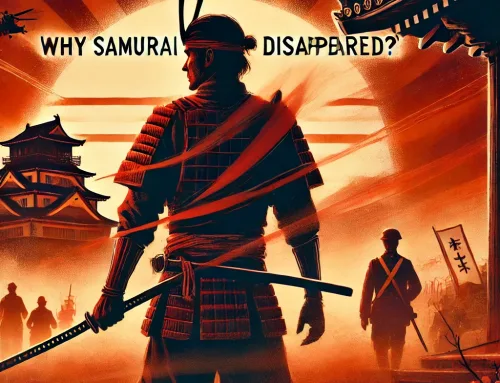
What is Shogun?
What is Shogun? Emmy Award-Winning Japanese Drama
The term Shogun holds a significant place in Japanese history and culture, referring to a military ruler who commanded great authority over the country for centuries. This title, which translates to “Commander of the Armies,” is more than just a historical role; it represents a fascinating and pivotal time in Japan’s past. One of the most famous portrayals of the Shogunate era comes from the Emmy Award-winning drama, Shogun, a series that captivated global audiences with its storytelling, stunning visuals, and dramatic interpretation of samurai culture.
The Role of the Shogun in Japanese History
The Shogunate system in Japan lasted from the late 12th century until the 19th century, beginning with the Kamakura Shogunate and concluding with the Tokugawa Shogunate. During these eras, Japan was ruled not by the Emperor but by the Shogun, a powerful military leader who held the real authority. The Emperor served more as a spiritual and symbolic figurehead, while the Shogun exercised military and political power, keeping Japan’s feudal system in check.
Perhaps the most well-known Shogunate is the Tokugawa Shogunate, which ruled from 1603 until 1868. The Shogun governed over a period of relative peace known as the Edo Period, overseeing Japan’s isolation from the outside world. This era saw the rise of the samurai class, a strict social hierarchy, and cultural advancements such as the tea ceremony and Noh theater. However, the end of the Tokugawa Shogunate in 1868 marked the beginning of the Meiji Restoration, where the Emperor regained power and Japan opened its doors to the Western world.
What is the Emmy Award-Winning Drama Shogun?
Shogun is a historical drama that first aired in 1980 and quickly became a global sensation. Based on the bestselling novel by James Clavell, the show tells the story of an English navigator, John Blackthorne, who is shipwrecked in Japan during the early 17th century. As Blackthorne navigates the complex world of feudal Japan, he becomes entangled in the power struggles between the samurai, the Shogun, and the local daimyos (feudal lords).
The drama vividly captures the clash between Western and Eastern cultures and highlights the rigid codes of conduct that defined Japanese society during the Shogunate era. Through its stunning visuals and masterful storytelling, Shogun brought Japanese history into living rooms around the world and introduced audiences to the intricate world of samurai, honor, and duty.
Historical Accuracy and Cultural Impact
One of the most remarkable aspects of Shogun is its dedication to historical accuracy and cultural authenticity. The series was praised for its portrayal of the complex political dynamics of feudal Japan and the Shogunate system. The characters, from the Shogun to the samurai, are carefully constructed to reflect the traditions, philosophies, and honor-bound lives of real historical figures.
Additionally, the show did a fantastic job of depicting Japanese customs such as tea ceremonies, bowing, and even the practice of seppuku (ritual suicide) as part of a samurai’s duty. These elements helped Western audiences understand the importance of social hierarchy and discipline in feudal Japan. Even today, the series remains a cultural touchstone for many viewers fascinated by Japan’s samurai era.
The Legacy of Shogun and Its Emmy Wins
Shogun was widely recognized for its production quality, earning it multiple Emmy Awards. The show was praised for its cinematic direction, strong performances, and richly detailed costumes that reflected the historical period. It also helped boost international interest in Japanese culture, sparking a wave of curiosity about Japan’s history, samurai traditions, and its unique system of governance under the Shogun.
Following its Emmy win, Shogun cemented its place in television history as one of the first Western-produced dramas to deeply engage with Japanese culture. For many, it became a gateway to discovering more about Japan’s rich heritage and the power of its storytelling traditions.
Why Watch Shogun Today?
Even though Shogun aired decades ago, it still resonates with modern audiences for several reasons. First, the show provides an excellent introduction to the world of the samurai, their rigid codes of conduct, and the complex politics of the Shogunate system. Second, its themes of loyalty, honor, and cultural exchange remain timeless, especially in today’s globally connected world.
Moreover, Shogun beautifully captures the sense of awe that many feel when encountering Japanese culture for the first time. It showcases Japan’s unique blend of spiritual and material worlds, where nature, duty, and the divine all play interconnected roles. Whether you’re a fan of historical dramas, samurai culture, or just great storytelling, Shogun is worth watching or revisiting.
Conclusion: The Enduring Appeal of Shogun
Shogun not only introduced global audiences to Japan’s rich history but also left an indelible mark on how Japanese culture is perceived in the West. Its Emmy Award win is a testament to the quality of its storytelling, and its legacy continues to influence both television and cinematic portrayals of Japan today.
For fans of Uncle Shiba or those interested in Japanese history, Shogun provides a gripping narrative set during one of Japan’s most fascinating periods. It’s an invitation to step back in time and experience the honor-bound world of the samurai and their formidable Shogun rulers.
Have you watched Shogun? Share your thoughts in the comments below and tell us what you think of this timeless classic!












